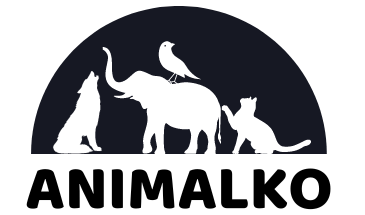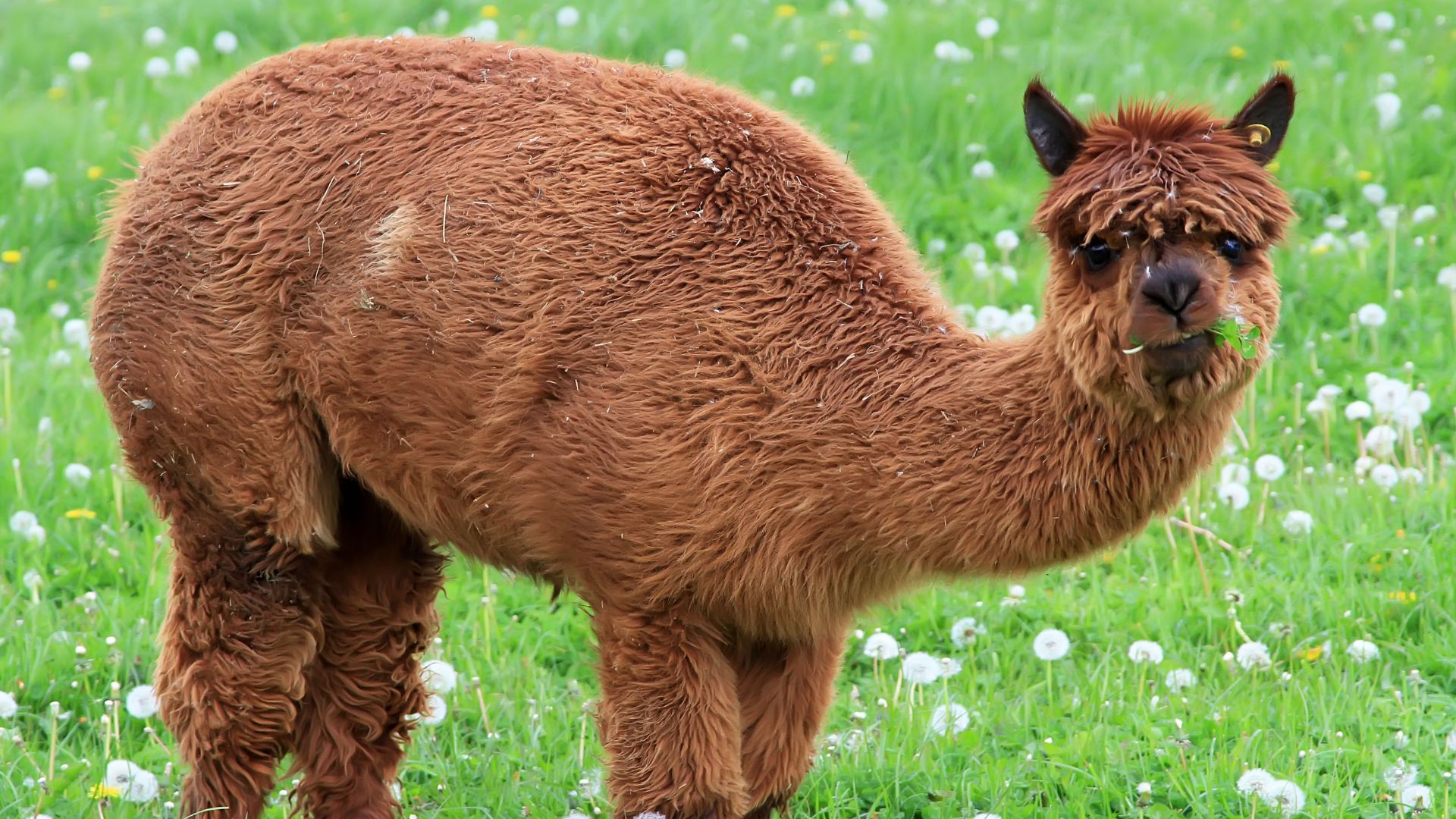Exploring the world of expensive livestock is both fascinating and eye-opening. These animals aren’t just valued for their price tags – they represent unique qualities, exceptional breeding, and significant investments in care and maintenance.
From cattle prized for their premium marbling to rare and majestic horses, this list takes a closer look at some of the most costly and remarkable livestock you might consider owning.
1. Wagyu Cattle
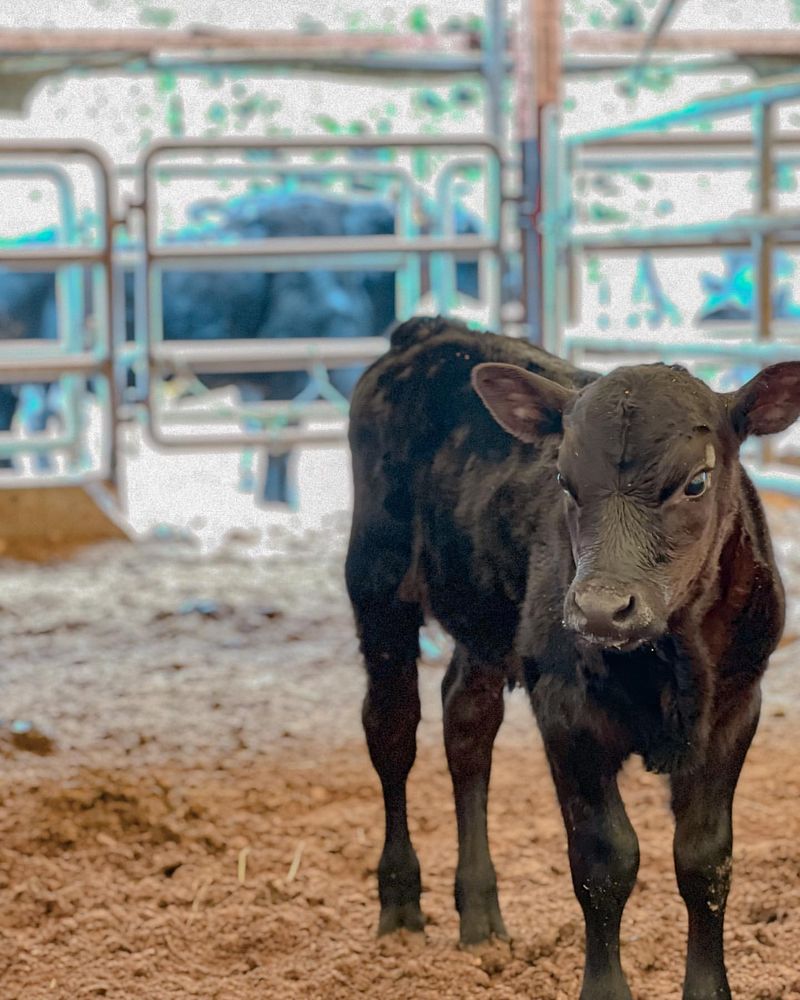
When it comes to luxury beef, Wagyu cattle top the list. Originating from Japan, these cattle are renowned for their exceptional marbling, which translates into a buttery texture and rich flavor that beef connoisseurs crave.
Wagyu cattle are expensive due to their meticulous breeding and the special care they require. These cattle are often raised with a specific diet and environment, contributing to their premium price.
Farmers dedicate significant resources to ensure Wagyu cattle are bred and raised to perfection, pushing their price into the thousands of dollars per head.
For those willing to invest in Wagyu beef production, the returns can be substantial, but they must be ready to commit to the high standards required to maintain the quality associated with Wagyu beef.
2. Arabian Horse
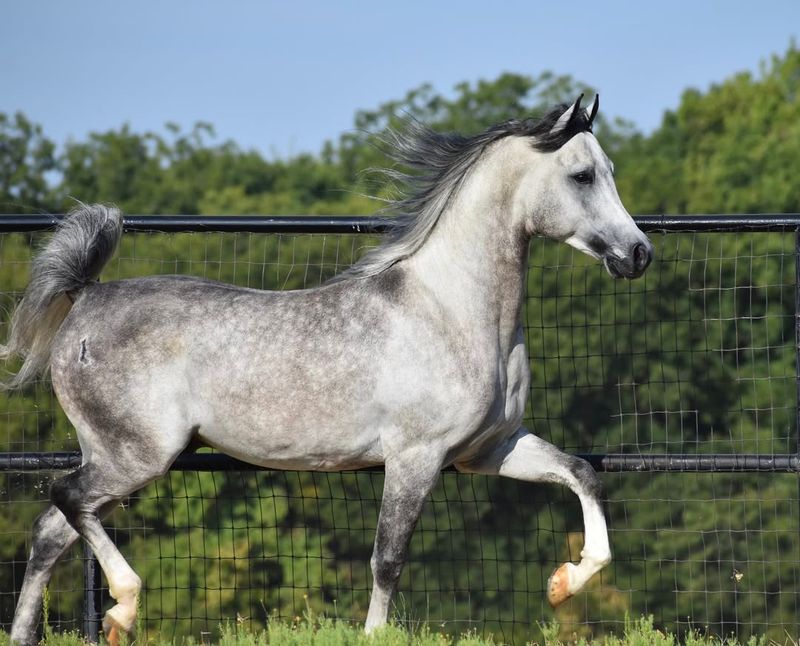
The Arabian horse is one of the oldest and most recognizable horse breeds in the world. Known for its beauty, speed, and endurance, it’s no surprise that owning an Arabian horse comes with a hefty price tag. These horses have a distinct head shape and high tail carriage, making them stand out in a crowd.
Historically, they have been used to improve other horse breeds through crossbreeding, adding to their value.
Purchasing an Arabian horse can cost anywhere from thousands to even millions of dollars, depending on its lineage and training. For horse enthusiasts, owning an Arabian is not just about prestige but also about preserving a piece of equine history.
3. American Bison
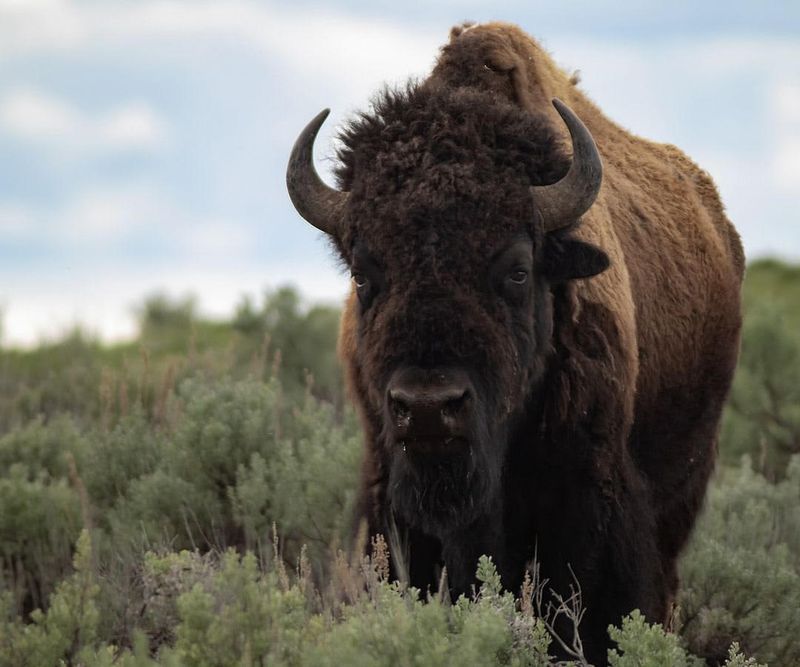
The American Bison, once on the brink of extinction, now represents a significant investment for those looking to own this iconic symbol of the American West. Known for their massive size and strength, bison require vast tracts of land and specific conditions to thrive.
Owning bison can be costly due to the need for large spaces and the specialized care they require. These majestic creatures are prized for their lean meat, which is lower in fat and calories compared to beef.
The price of a bison can vary, but they often fetch several thousand dollars each. For those interested in sustainable agriculture, bison offer a unique opportunity, but they come with challenges that must be considered.
4. Friesian Horse
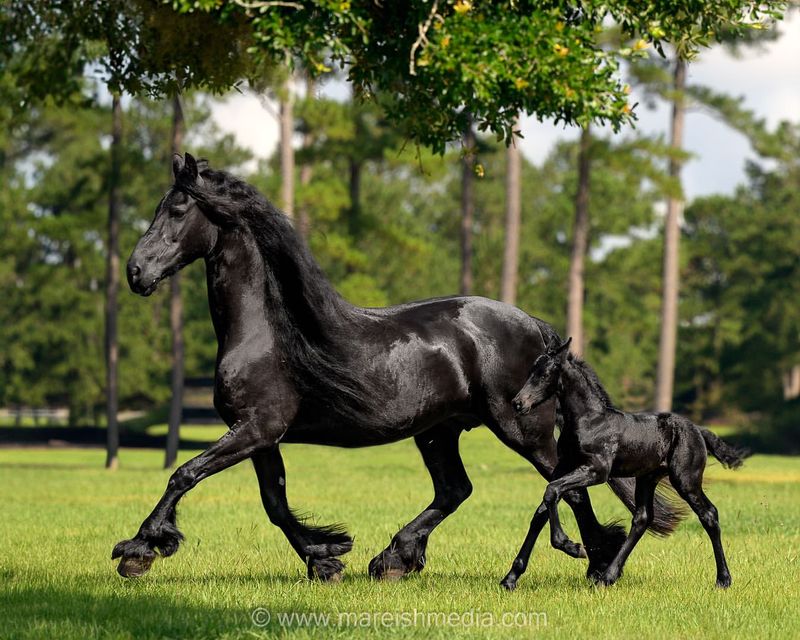
Friesian horses are known for their striking appearance and graceful movements, making them a favorite in dressage and show performances. Originating from the Netherlands, these horses are celebrated for their loyalty and willingness to work.
Their long, flowing manes and tails, combined with a calm demeanor, make them highly sought after. However, this beauty comes at a price. Maintaining their luscious coats requires time and dedication.
Friesians can be quite costly, with prices ranging from tens of thousands to even over a hundred thousand dollars. For equestrian enthusiasts, investing in a Friesian means embracing a lifestyle of care and commitment to preserve their majestic appearance.
5. Alpacas
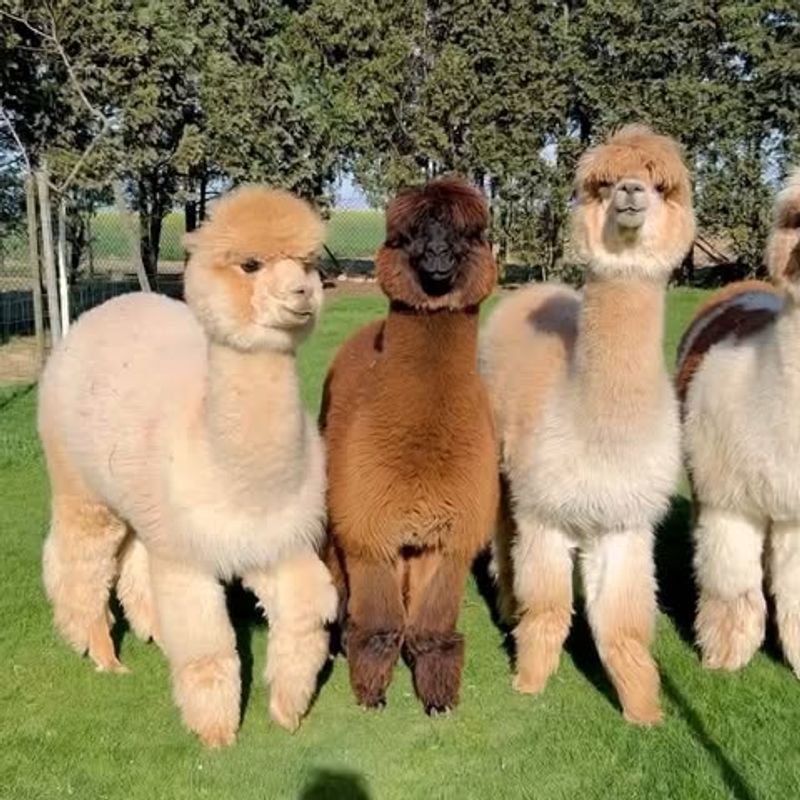
Alpacas, cherished for their soft and luxurious fleece, are more than just adorable animals. They are an investment opportunity that has caught the attention of fiber enthusiasts and farmers alike.
Originating from South America, alpacas are relatively easy to care for, making them an attractive option for small farms. Their fleece is hypoallergenic and comes in a variety of natural colors, adding to its appeal.
The cost of alpacas can range from a few thousand to tens of thousands of dollars, depending on their quality and breeding. For those looking to enter the textile industry, alpacas offer a unique niche market with the potential for substantial returns.
6. Black Angus Cattle
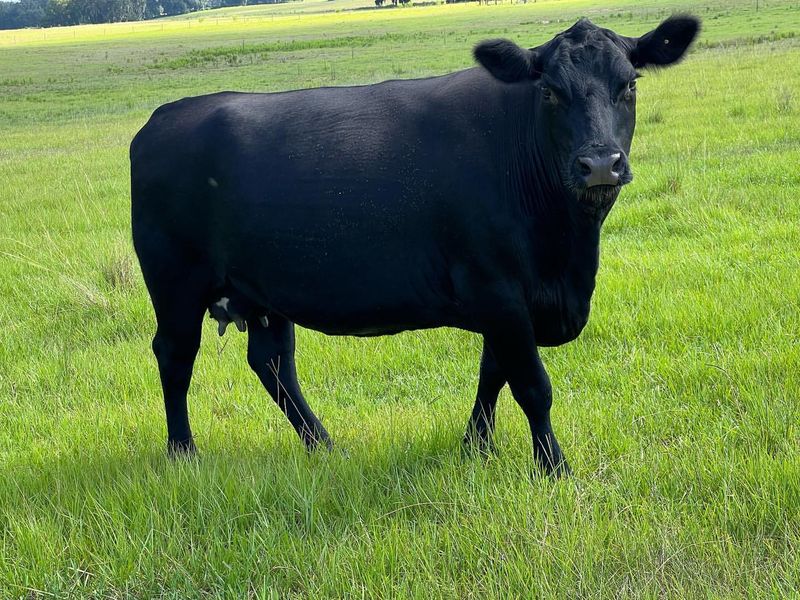
Black Angus cattle are renowned for their superior beef quality, making them a staple in the premium beef market. Originating from Scotland, these cattle are favored for their marbling and flavor.
The cost of Black Angus can be substantial, as farmers invest heavily in genetics and care to ensure the best quality meat. These investments are reflected in the price, which can reach several thousand dollars per head.
For beef producers, Black Angus cattle represent a lucrative opportunity, but it requires understanding market demands and maintaining high standards in breeding and care.
7. Boer Goats
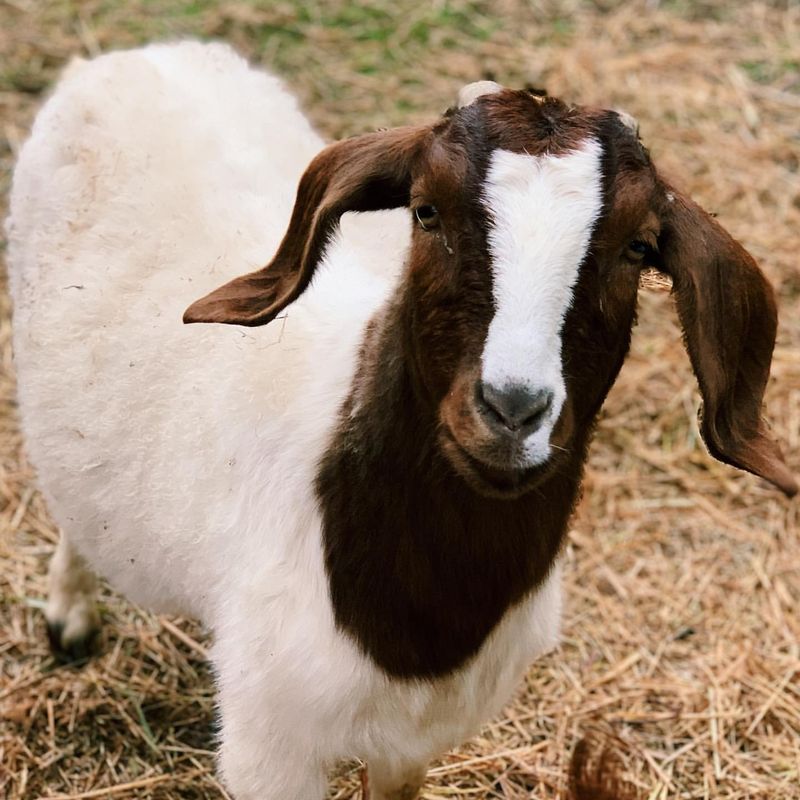
Boer goats, known for their meat quality, have become a popular choice among farmers looking to diversify their livestock. Originating from South Africa, these goats are recognized for their rapid growth and excellent carcass quality.
Investing in Boer goats can be expensive, with prices ranging from a few hundred to several thousand dollars per goat, depending on their lineage and health.
They require proper management and feeding to reach their full potential. For farmers, Boer goats offer a promising venture, but success depends on genetic selection and maintaining optimal health and nutrition practices.
8. Dairy Cattle (e.g., Holsteins)
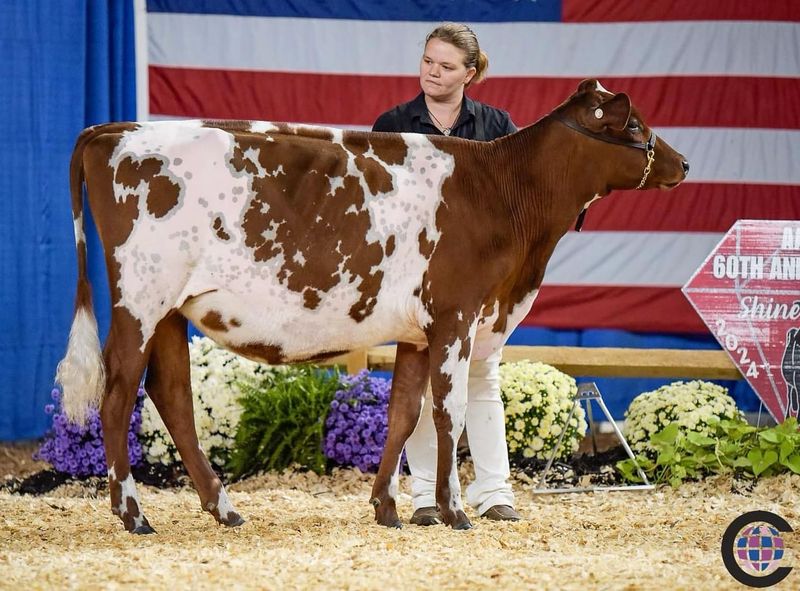
Dairy cattle, such as Holsteins, are a cornerstone of the dairy industry, known for their high milk production. These cattle are a significant investment for dairy farmers looking to optimize their operations. Holsteins are recognized for their distinctive black and white markings and large build.
The cost of acquiring and maintaining a herd can be steep, with prices running into the thousands per head, not including feed and veterinary care.
Owning dairy cattle is a long-term commitment that requires understanding of market trends, milk production cycles, and efficient farm management to ensure profitability.
9. Berkshire Pigs
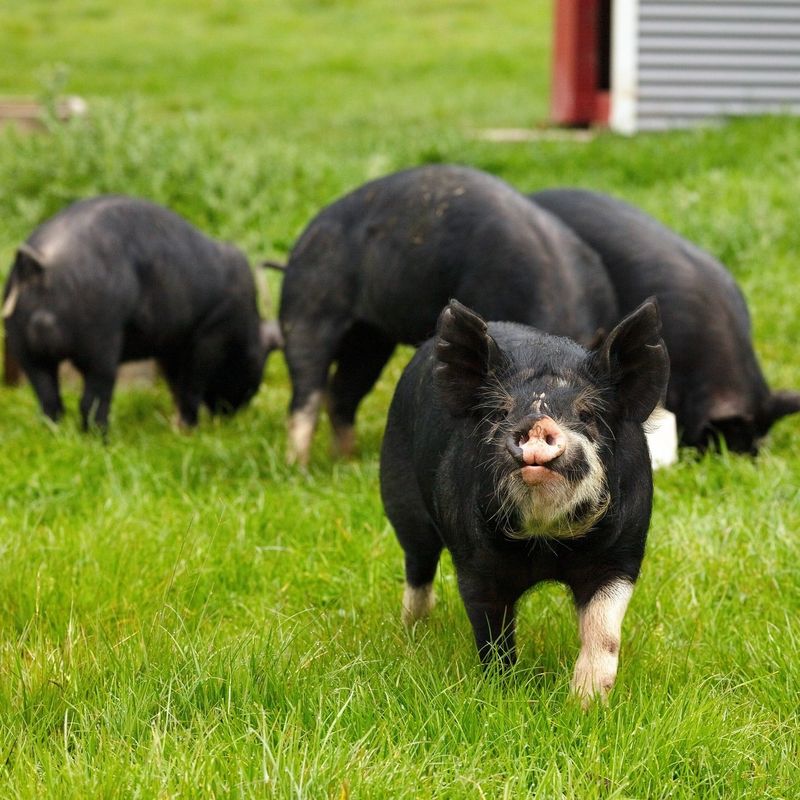
Berkshire pigs are prized for their tender, juicy meat, often considered a delicacy in culinary circles. Originating from England, these pigs have a distinctive black coat with white points.
The demand for Berkshire pork drives their price, with pigs selling for several thousand dollars each. They require specific care and management to maintain their premium quality.
For pig farmers, Berkshires offer a high-end market opportunity, but it involves dedication to quality and understanding consumer preferences to succeed.
10. Katahdin Sheep
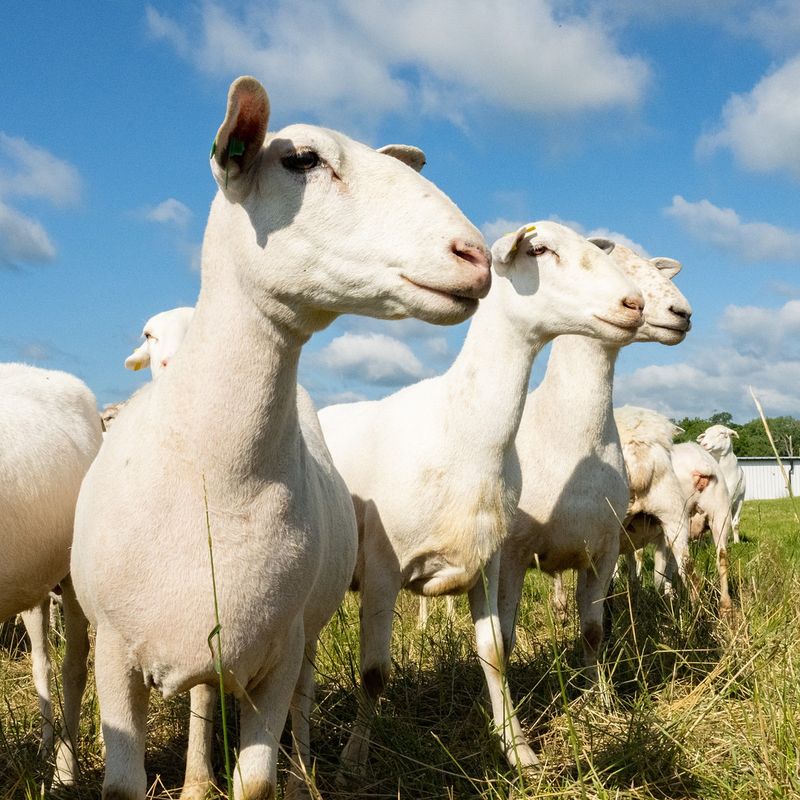
Katahdin sheep are a unique breed known for their adaptability and low-maintenance requirements. Unlike wool sheep, Katahdins have hair coats, which they shed naturally, reducing the need for shearing.
These sheep are popular among farmers for their hardiness and efficient meat production. The cost of Katahdin sheep can vary, but they offer an economical option for those interested in sheep farming.
For farmers, Katahdins provide a sustainable livestock choice, but success depends on proper grazing management and flock health practices.
11. Ostriches
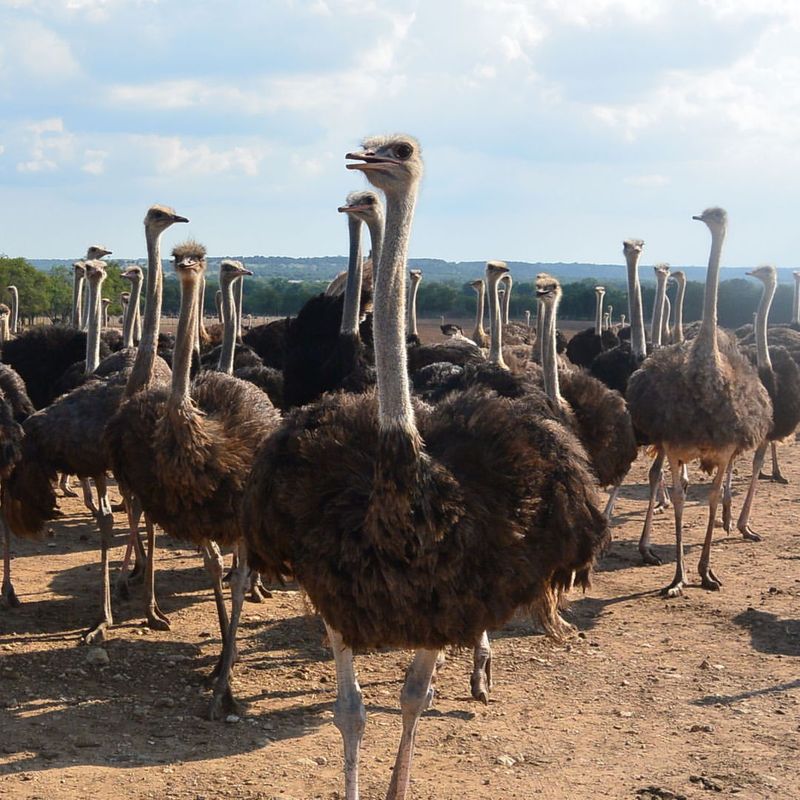
Ostriches, the largest living birds, represent an intriguing investment opportunity due to their diverse product offerings, including meat, leather, and feathers.
Raising ostriches requires specific knowledge and resources, as they need ample space and proper nutrition to thrive. The initial investment and ongoing care can be costly, with birds often priced in the thousands.
For those interested in exotic farming, ostriches offer a unique venture, but they demand commitment to learning about their needs and market potential.
12. Emus
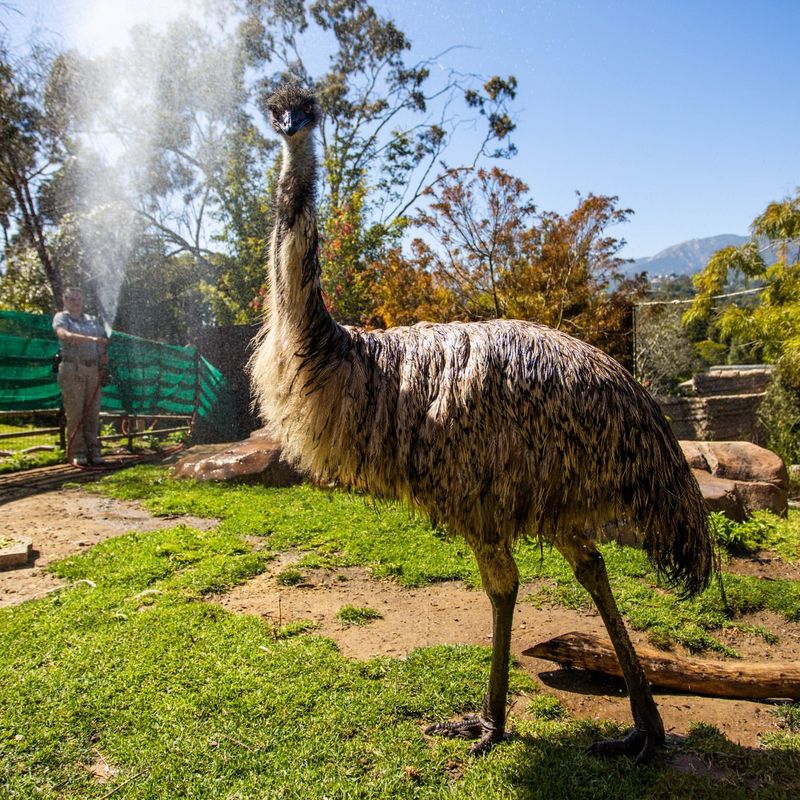
Emus, native to Australia, have gained popularity for their oil, meat, and leather. These large birds are relatively easy to raise, making them an attractive option for those entering the livestock industry.
The cost of emus can vary, but they generally require less investment compared to ostriches, making them a more accessible option. Emu farming involves understanding their social behavior and dietary needs.
For investors, emus offer a versatile product range, but they require proper management and market knowledge to capitalize on their full potential.
13. Japanese Silkies (Chickens)
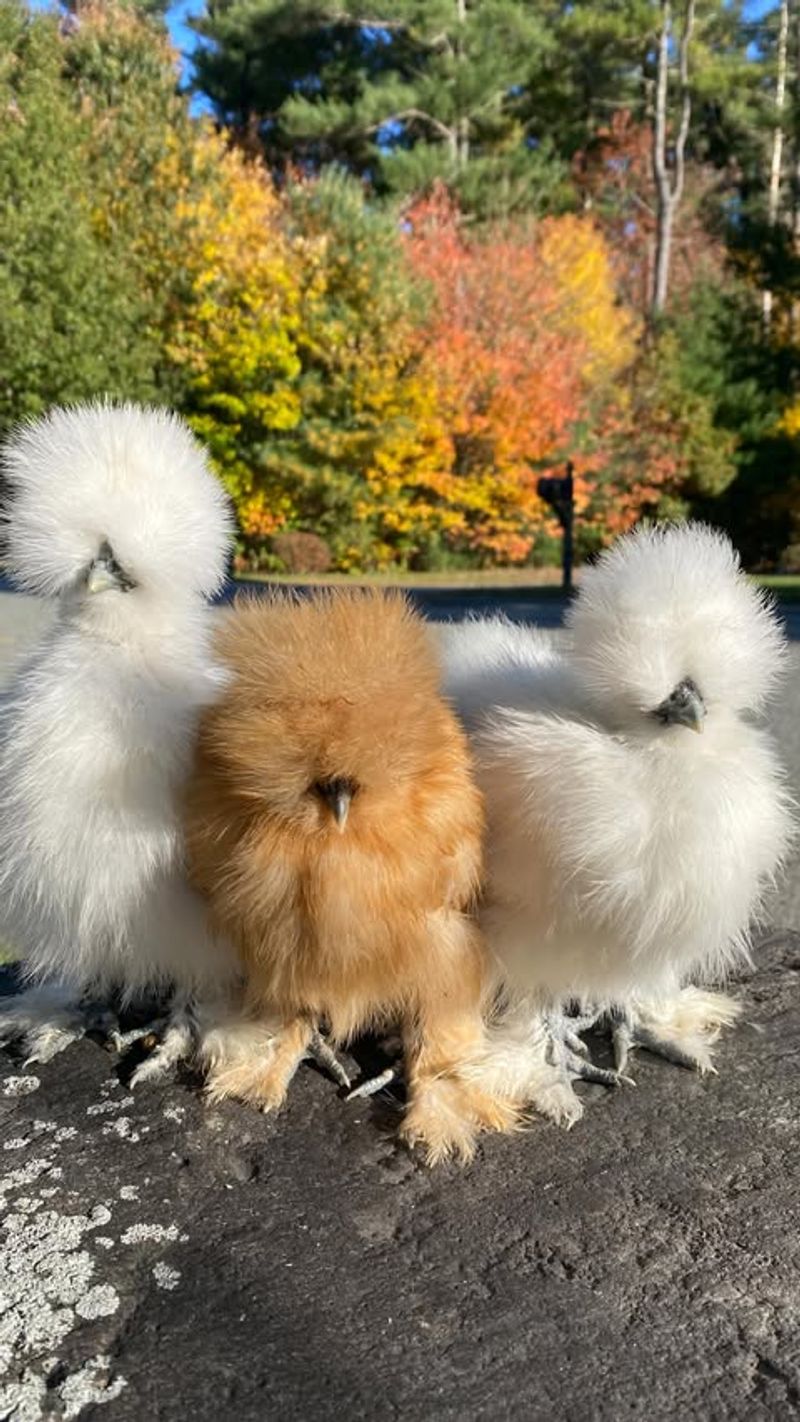
Japanese Silkies are not your average chickens. Known for their unique fluffy plumage and friendly nature, these birds are a favorite among poultry enthusiasts.
Silkies are valued not only for their appearance but also for their gentle temperament, making them great pets and show birds.
Their price can vary, with high-quality Silkies fetching substantial sums. For poultry keepers, Silkies offer a charming addition to the coop, but they require specific care to maintain their delicate features and ensure their well-being.
